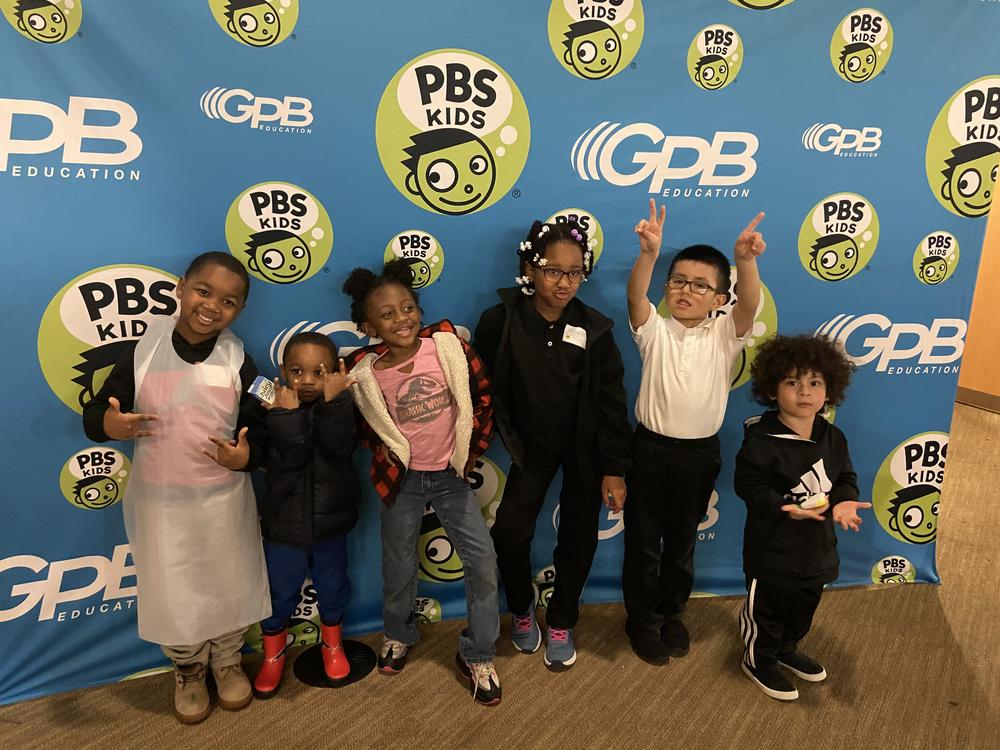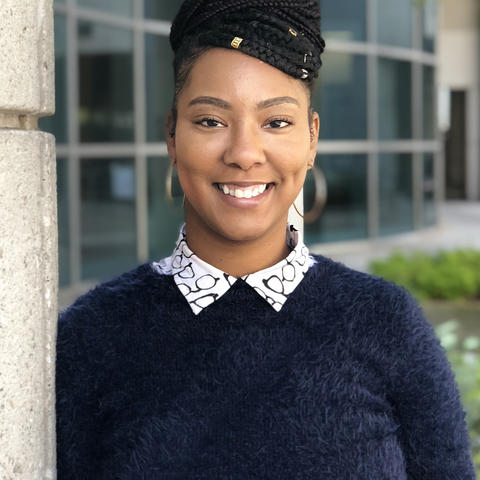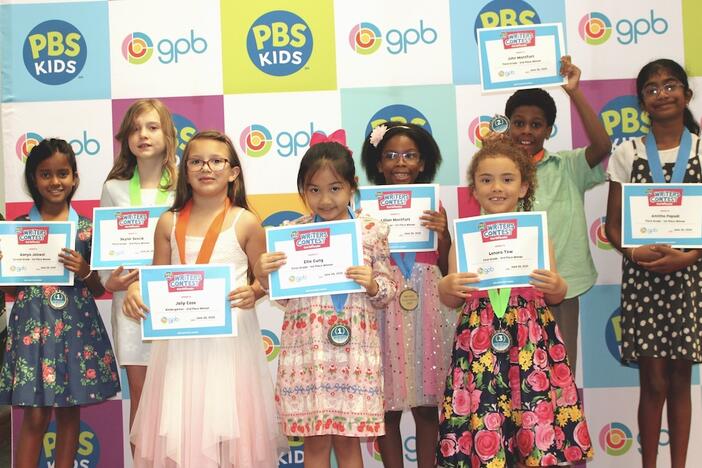
Section Branding
Header Content
Beyond the Four Walls: Why Out-of-School Time Matters
Primary Content

I believe the classroom is the nucleus of educational systems worldwide. However, we should be cognizant of additional community staples in youth development that supplement the learning and development occurring inside of the classroom and beyond. This entity is referred to as Out of School Time (OST). OST consist of enrichment programs serving K-12 children that operate in various settings such as: schools, libraries, community centers, parks, religious institutions, colleges, etc. for a minimum of 10 hours or more per week on an ongoing basis. Below, I've highlighted six important reasons why I believe OST programs are important to students and communities at large.
1. Safe Space
A latchkey child is one who has little to no adult supervision before and/or after-school on a regular basis because his/her caregiver is away at work. Being latchkey and practicing a lot of unsupervised self-care after school is a reality for many children. Countless caregivers work early mornings into the early evenings including commute time and are unable to be home at the end or the start of their children’s school day. Caregivers, having access to an adult-supervised space for their children to reside until they are able to end their workday is important to their children’s safety and overall well-being. For many children living in high-risk neighborhoods, having access to a safe space to retreat to is vital for survival. OST spaces not only provide a safe setting for children to learn and socialize with their peers but additionally, they provide nutritious meals and snacks. Within these spaces’ children are safe from many dangers lurking outside and are not likely to engage in risky behaviors.
2. College & Career Readiness, Academic Enrichment, and Life Skills
Whether public or private, OST’s provide specialized programs that offer training and certifications with real-world experience for youth in preparation for college and/or the workforce (i.e. cosmetology, automotive training, interviewing, resume-building, professional grooming, etc.).
OST programs offer a variety of academic enrichment such as but not limited to STEAM, literacy, homework support, and personalized tutorial services. Unjustly, school funding in the U.S. is highly determined by family income. Higher earners have access to more school funding than lower earners, thus resulting in disparate and inequitable learning experiences and academic outcomes. OSTs are buffers and bridge builders. They provide accessible and affordable academic enrichment to all learners, especially beneficial to those who are marginalized. One of the most remarkable aspects of OST programs across the country is their positive impact on combating summer learning loss. Research has shown that youth who participate in these programs have a greater likelihood of academic success than their non-participating peers.
Academic achievement and job skills alone are not enough to navigate the larger world and adulthood. OSTs incorporate life skill development for youth such as but not limited to essential domestic skills, money management, personal hygiene/grooming, and character development. Life skills are fundamentally important to everyday life, because it bears the fruit of self-efficacy, preparedness, and increase the capacity to thrive.
3. Playful Learning and Creativity
OSTs are not regulated or funded the same way public schools are. This means that they have the agency to create perimeters around how they structure their organization and operations. Despite this difference in regulation, there are still quality youth development standards many OSTs adhere to. (For more on Georgia quality standards click here). OSTs can teach rigorous academic content however, they have immense autonomy to develop, incorporate, and implement them playfully and creatively. Within these environments’ children can learn for learning's sake and educators can facilitate learning without being burdened by the demands of standardized testing.
4. Sports & Recreation
The U.S. Department of Health and Human Services and the Centers for Disease Control and Prevention (CDC) states that children between the ages of six and 17 years old should be engaged in at least one hour of daily physical activity. Regular physical activity helps youth improve their cardiorespiratory health, build strong bones and muscles, regulate healthy weight, reduce symptoms of anxiety and depression, and reduce the risk of developing health conditions. In this modern digital age, our society has become more sedentary. Both indoor and outdoor physical play and fitness activities are built into OST programs. OST programs engage children in sports and recreational activities before and after school and are especially critical to their health and well-being during those extended school breaks.
5. Cultural & Social-Emotional Learning, and Civic Engagement
We live in a very diverse world and expanding youths’ capacity for empathy and tolerance is vitally important for coexisting in the world. OST programs incorporate social-emotional learning and various cultural experiences into their programming. Diversity and cultural heritage are lifted and valued within these public and private spaces through literacy, cultural showcases, field trips, etc. A study conducted by Stanford University showed that youth engaged in OST programs reported high levels of civic engagement and a commitment to getting involved within their communities, as assets and positive role models. Educating and developing model citizens is important to our local neighborhoods, nation, and world-at-large.
6. Positive Adult-to-Youth Relationships
Another foundational pillar in positive youth development is the presence of positive adult relationships. In OST spaces most adults serve in the capacity of mentors and coaches. This intimate dynamic and power-sharing model has been reported to make youth feel heard, valued, and supported. Many children do not have the most positive adult-to-youth relationship dynamics within their homes or within their communities. Back in my hometown Chicago, IL, I’ve worked in various youth development centers and I’ve listened to many youths tell our staff how they considered us family, their most influential allies, and most positive role models. These fostered relationships make a huge difference for many children.
OST Matters
The next time we are acknowledging our schools and school educators, let's also lift up the unsung institutions and educators beyond the four walls of the classroom who have dedicated evenings, weekends, and extended breaks to educating and enriching the lives of our youth. Let’s celebrate the supplemental resources and bridge builders whose work especially makes up the difference for marginalized and underserved communities - OST matters.
Learn more about how GPB Education can support your school or organization with out-of-school opportunities by going to gpb.org/RTL, or email us at education@gpb.org.
Six important reasons why out-of-school programs are important to students and communities.





